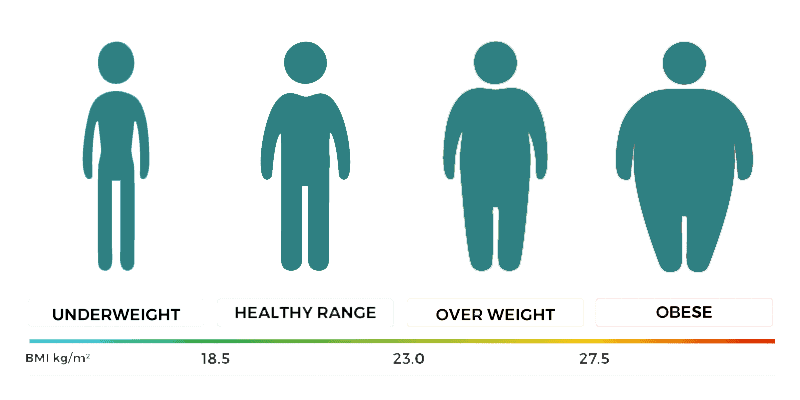The most common ways to manage excess weight are dieting, physical exercise and/or weight loss drugs.
A nutritious diet and regular exercise should be an essential part of any healthy way of life, whether you opt for weight loss surgery or not. Besides reducing your risk of all the aforementioned conditions, physical activity provides plenty of mental benefits, including elevated mood and less depression.
A well-balanced diet with lean proteins and lots of fruit and vegetables increases energy levels, helps prevent brain disorders like Alzheimer’s disease, and improves heart, bone and teeth health.
How can overweight and obesity be reduced?
Overweight and obesity, as well as their related noncommunicable diseases, are largely preventable. Supportive environments and communities are fundamental in shaping people’s choices, making the healthier choice of foods and regular physical activity the easiest choice (accessible, available and affordable), and therefore preventing obesity.
At the individual level, individuals should:
- limit energy intake from total fats and sugars;
- increase consumption of fruit and vegetables, as well as legumes, whole grains and nuts;
- Includes lean meats, poultry, fish, beans, eggs and nuts
- Also, think about what you drink—choose nonalcoholic, low/no-calorie options such as water, skim milk, iced tea as a substitute for regular, sweetened beverages.
- engage in regular physical activity (60 minutes a day for children and 150 minutes per week for adults).
Individual responsibility can only have its full effect where people have access to a healthy lifestyle. Therefore, at the societal level it is important to:
- support individuals in following the recommendations above, through sustained political commitment and the collaboration of many public and private stakeholders;
- make regular physical activity and healthier dietary choices available, affordable and easily accessible to all – especially the poorest individuals.
The food industry can play a significant role in promoting healthy diets by:
- reducing the fat, sugar and salt content of processed foods;
- ensuring that healthy and nutritious choices are available and affordable to all consumers;
- practicing responsible marketing especially those aimed at children and teenagers;
- ensuring the availability of healthy food choices and supporting regular physical activity practice in the workplace.
Also the standard lifestyle changes-based treatment is flawed by high failure and/or relapse rates due to poor compliance at all ages. The unavailability of other ancillary pathomechanism-driven effective treatment strategies or better-tolerated treatments remains one of the main problems.
It is of great importance to understand that weight management and life style changes are essential before and following any bariatric surgery. Life long weight management is the key to your success and prevents weight gain.





